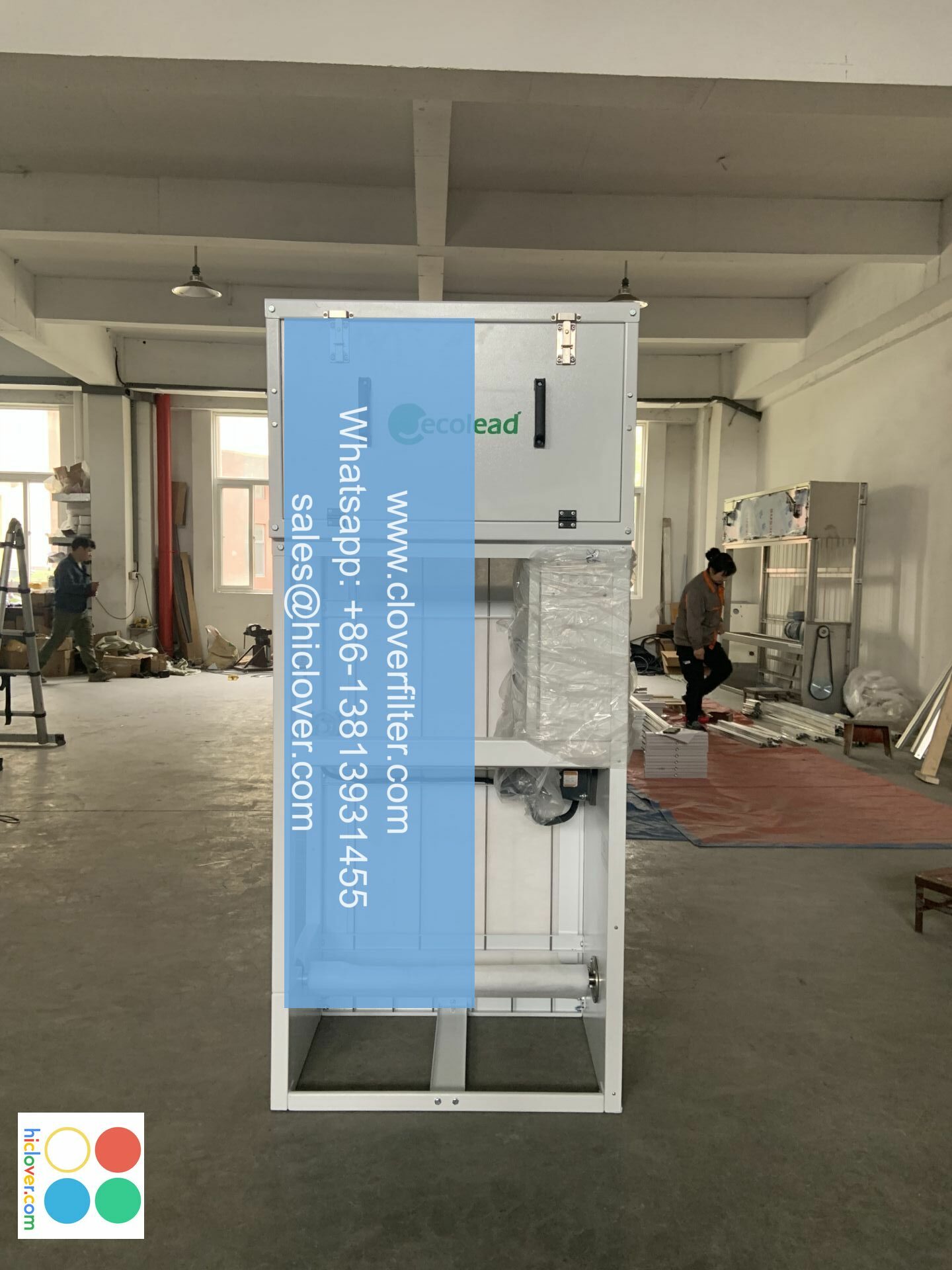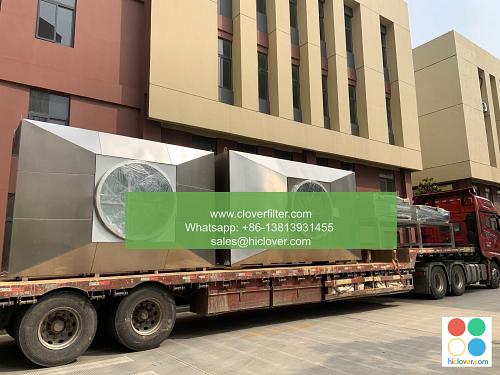The Benefits of Using Activated Carbon Air Filters: What You Need to Know

Activated carbon air filters have become an essential component in maintaining good indoor air quality, and for a good reason. These filters are designed to capture a wide range of airborne pollutants, including volatile organic compounds (VOCs), gases, and odors, making them a vital tool for improving air purification and ventilation systems. In this article, we will delve into the benefits of using activated carbon air filters, their application areas, and what you need to know to make an informed decision.
How Activated Carbon Air Filters Work
Activated carbon air filters use a unique process called adsorption, where pollutants and gases are attracted to the surface of the activated carbon, allowing for efficient removal of contaminants from the air. The activated carbon is typically derived from natural sources such as coconut shells or bamboo, which are then treated to increase their surface area and adsorption capacity. This process enables the filters to capture a wide range of pollutants, including nitrogen dioxide, sulfur dioxide, and particulate matter (PM), making them an effective solution for indoor air quality improvement.
Benefits of Using Activated Carbon Air Filters
The benefits of using activated carbon air filters are numerous, and some of the most significant advantages include:
* Improved Indoor Air Quality (IAQ): By removing airborne pollutants and gases, activated carbon air filters help to improve indoor air quality, reducing the risk of respiratory problems and other health issues.
* Odor Removal: Activated carbon air filters are highly effective at removing unwanted odors and smells, making them a popular choice for use in kitchens, bathrooms, and other areas where odors are a concern.
* Allergen Reduction: By capturing allergens such as dust, pollen, and pet dander, activated carbon air filters can help to reduce allergy symptoms and improve overall health.
* VOC Removal: Activated carbon air filters are capable of removing a wide range of VOCs, including formaldehyde, benzene, and acetone, making them an essential component in maintaining good indoor air quality.
Application Areas for Activated Carbon Air Filters
Activated carbon air filters have a wide range of applications, including:
* Residential Air Purification: Activated carbon air filters are commonly used in residential settings to improve indoor air quality and reduce allergy symptoms.
* Commercial Air Purification: Activated carbon air filters are used in commercial settings, such as offices, restaurants, and hotels, to improve indoor air quality and reduce the risk of airborne illnesses.
* Industrial Air Purification: Activated carbon air filters are used in industrial settings, such as manufacturing facilities and warehouses, to remove airborne pollutants and improve worker health.
* Vehicle Air Purification: Activated carbon air filters are used in vehicles to remove airborne pollutants and improve in-cabin air quality.
Key Considerations When Choosing an Activated Carbon Air Filter
When choosing an activated carbon air filter, there are several key considerations to keep in mind, including:
* Filter Efficiency: Look for filters with a high efficiency rating, such as a MERV (Minimum Efficiency Reporting Value) rating of 11 or higher.
* Activated Carbon Quality: Choose filters with high-quality activated carbon that is derived from natural sources.
* Filter Maintenance: Consider the maintenance requirements of the filter, including the need for regular replacement and cleaning.
* Certifications and Standards: Look for filters that meet industry standards, such as those set by the Association of Home Appliance Manufacturers (AHAM) and the International Organization for Standardization (ISO).
Conclusion
In conclusion, activated carbon air filters offer a wide range of benefits, including improved indoor air quality, odor removal, and allergen reduction. With their wide range of applications, including residential, commercial, industrial, and vehicle air purification, activated carbon air filters are an essential component in maintaining good indoor air quality. By understanding how activated carbon air filters work, their benefits, and key considerations when choosing a filter, you can make an informed decision and improve the air quality in your home, office, or vehicle. It seems like you’re ready to start a conversation or ask a question, but you haven’t provided a specific prompt yet. What’s on your mind? Do you have a topic you’d like to discuss, a question to ask, or perhaps a problem you’re trying to solve? I’m here to help with information, guidance, or just to chat.

